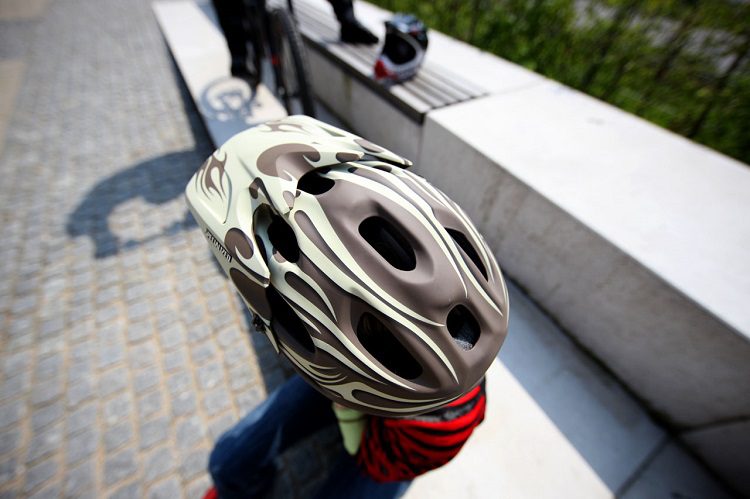Charlottetown police issue fewer tickets for bike helmet infractions over the summer
In Charlottetown, fewer tickets were issued over the course of the summer in response to bike helmet infractions, the CBC reported. Why? Because it wasn't a priority for authorities.


In Charlottetown, fewer tickets were issued over the course of the summer in response to bike helmet infractions, the CBC reported. Why? Because it wasn’t a priority for authorities.
Though the statistics aren’t official, the number of tickets during the months of July and August, police said, totaled just seven. It’s a noticeable drop from two years ago, when local police made 100 citations to enforce the province’s mandatory bike helmet laws. Then, it was part of an enforcement and education initiative called Operation Headway, a public safety campaign that was supported by the provincial government — both financially and politically.
According to sources quoted by the CBC, this year’s reported drop in citations had its roots in a number of factors, not all of which had to do with more helmets on the heads of local cyclists. Mostly, it was a consequence of the bike helmet campaign not running at all this year, and the fact that authorities had their attention focused elsewhere.
“The numbers are down from past years,” explained Gary McGuigan, Charlottetown’s deputy chief of police. “The bicycle helmet awareness program didn’t run this summer. That would be part of the reason. The other part would be that we concentrated our efforts this summer on distracted driving — cell phones, texting — so we’ll probably see a spike in those numbers and as expected, a drop in the bicycle helmet numbers.”
To others, however, the explanation rings somewhat hollow, and it’s troubling — especially in a province where a protected skull is mandated by law for all riders. Worse, some public health advocates are concerned about a bad precedent being set for future campaigns, and for the seriousness with which helmets are treated by Charlottetown riders themselves.
“I think a lot more people are going to be driving their bikes without helmets,” said Ken Murnaghan, president of the Brain Injury Association of P.E.I., in conversation with the CBC. “They’re not going to bother putting on a helmet because the police aren’t going to stop them. Bicycle helmets are part of legislation. If they don’t enforce the legislation what’s the good of it?”
Police, reports said, have other plans as autumn unfolds for educating the public — especially children.
